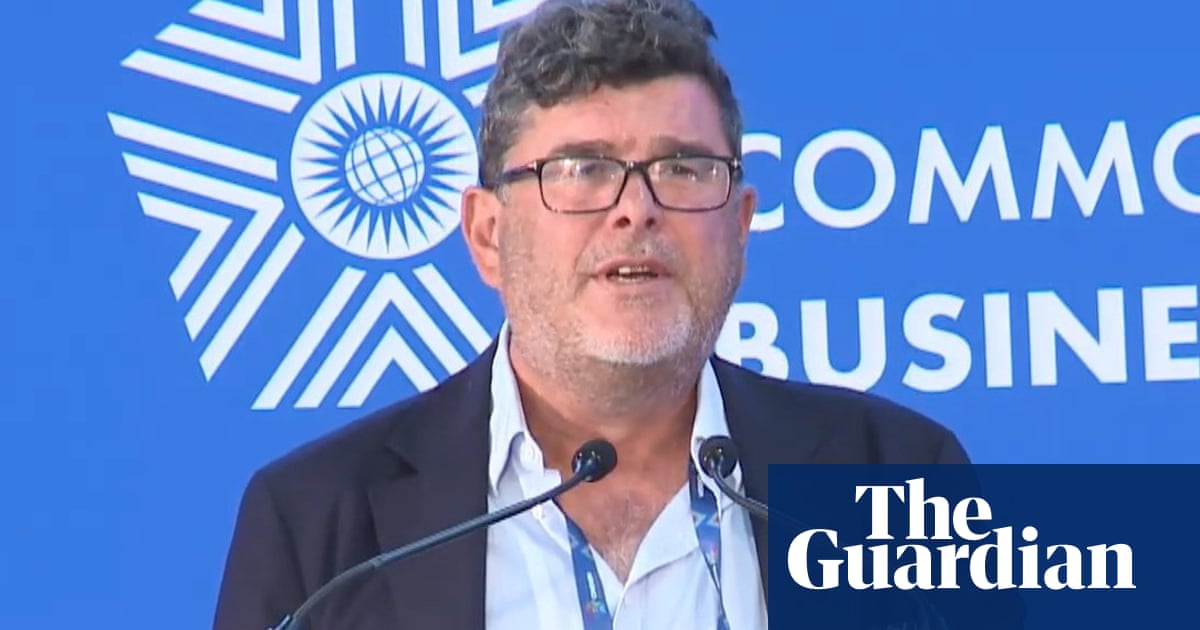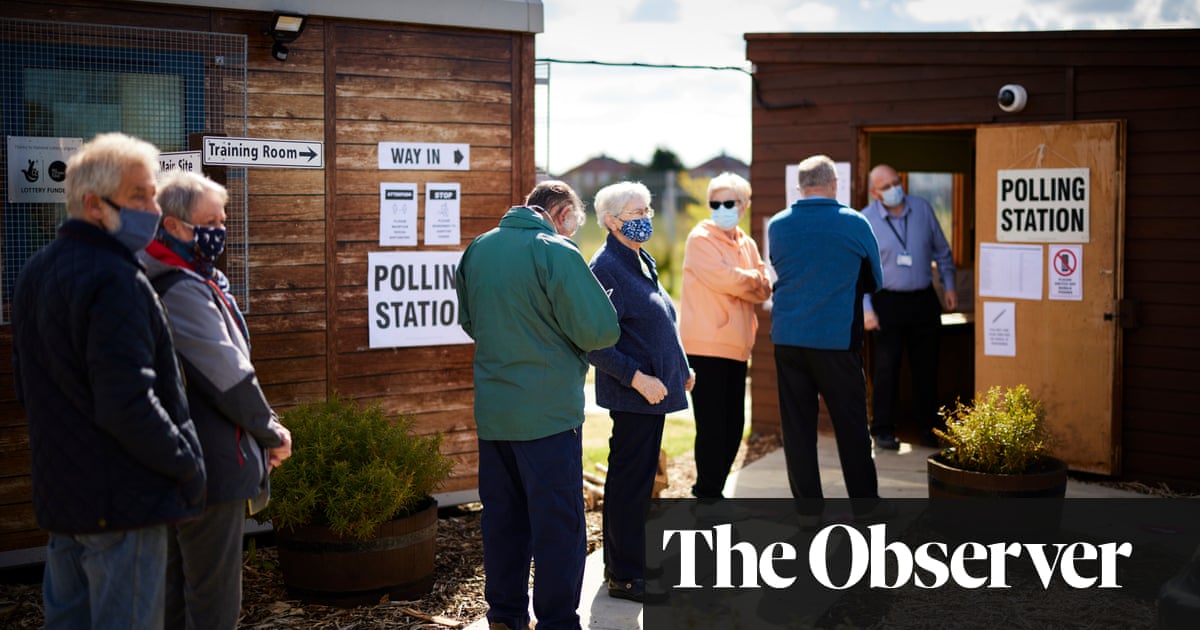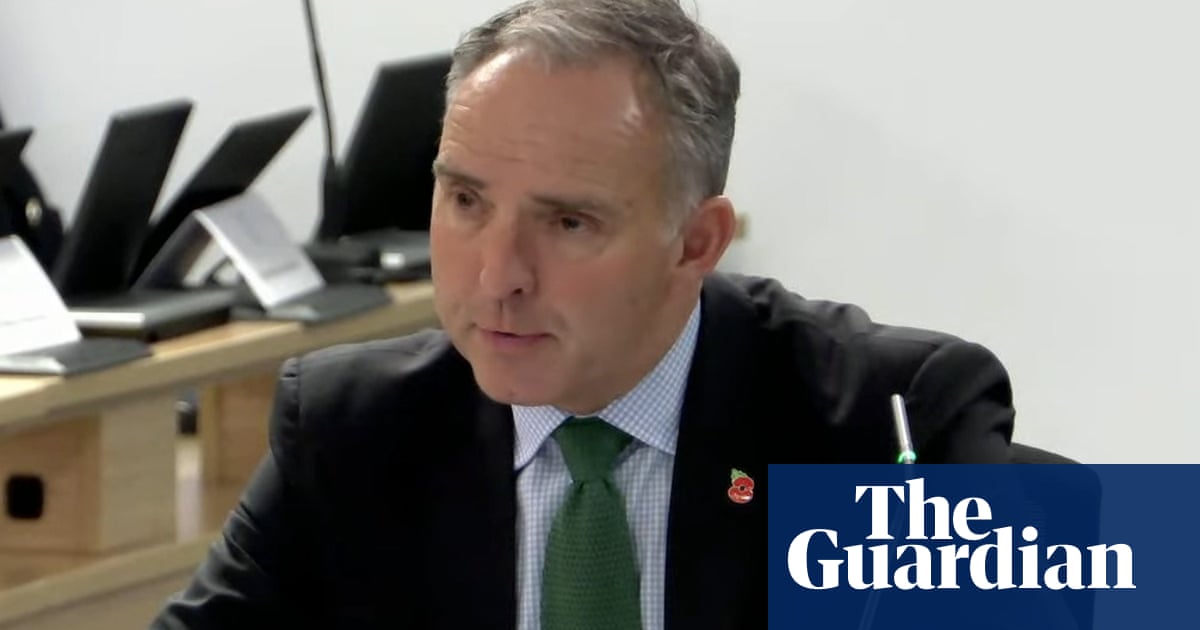GreyShuck
- 360 Posts
- 181 Comments

 3·2 months ago
3·2 months agoMy first computer was a ZX81 - in 1982 - which, with my brother, I built from a kit and was astonished when it actually worked. We eventually added the 16k ram pack too: how could anyone possibly use all that?!
First phone. I think it was a Nokia 5110 or similar in 2000.

 3·2 months ago
3·2 months agoFairly standard (for the UK, in the '70s): black trousers, blue or white shirt, dark blue blazer, school tie etc.
BUT, the blazer had the school emblem on, which was derived from the poultry trade that had been a major feature of the town’s prosperity at one time: we all had a large un-ironic turkey embroidered on our chests.

 29·2 months ago
29·2 months agoThat implies that the others have got complete maps - which I find much more surprising. Every time that I have had any dealings with any utility companies - which I do as part of my job - it becomes apparent very early on that they don’t have anything like accurate maps in whatever area I am looking at. And not just for old lines that they inherited - as seems to be the issue here - but for things like fibre optics that I saw them lay myself just 18 months earlier.

 15·3 months ago
15·3 months agoBiggest one for me was swapping from setting the alarm as late as possible and then rushing to get out of the house, to setting it an hour earlier and using that to read, do a little qi gong and have a leisurely breakfast.

 2·3 months ago
2·3 months agoYes, definitely. Why you are doing it makes all the difference.
There is - in my experience - a good deal of how you - and the organisation in general - do it too, and that accounts for much of the cultural difference. Charities tend to treat staff (and volunteers - since so many depend on vols) as people rather that resources much more, although there is also a tendency for the cause to outweigh everything, which can lead to staff, particularly, being expected to commit totally around the clock, and sidelined if they don’t. I have only encountered a few organisations that do this to a problematic extent really though.

 8·3 months ago
8·3 months agoI did in my late 20s after working in IT. I didn’t know what I wanted and wasn’t planning on non-profit or anything as such, but jumped ship, did a range of random things before spending some time volunteering (at something that was not in any way IT related)- which was the critical thing. That put me in a spot to A) show some commitment and B) get some training as it was offered. A paid post followed in due course after that.
That is a very simplified version, but volunteering was definitely the critical element for me.
Since then, I met plenty of other people who made the jump. Some simply moved with their existing skills to an equivalent role in a charity - and there are plenty that need project management skills - whilst others have taken the same route as me and spent some time volunteering.
Volunteering means you don’t get paid for some time, of course, so you have to either live off savings and/or find a live-in role and/or work part-time or something and you probably need to downsize one way or another, but people find a way and make it work.
Of course once you are in a role with your chosen cause, that doesn’t necessarily mean that you will be away from being overworked, stressed and given more and more responsibility. It is a trope that working for a charity means that you don’t do it for the money and you work waaay longer than the official hours say.
Certainly my role at the moment, with a large charity, is the most demanding I have ever had and there is basically nothing left at the end of the month for savings: I am just keeping afloat. For all that though, there is no way at all that I would go back to a for-profit role, and I have never looked back for a moment. The culture is totally different and leagues better.
My main requirement is that it has to be available on my heavily locked down work phone and work laptop as well as my home ones. If it isnt in my face whenever I look at a screen, it isnt going to work. So it ends up being Google tasks.

 371·3 months ago
371·3 months agoWithout looking for sources - so I could be totally wrong - I believe that it did darken proportionately and that light meters would register that. However, human eyes are not light meters and adjust to the dimmer light without you knowing.

 5·3 months ago
5·3 months agoDoes Ivor the Engine count as a cartoon? Animation, certainly, but I’m not sure about ‘cartoon’ as such.
Anyway, it is the 1975 version for me.

 3·3 months ago
3·3 months agoNot a developer, but I will always use 2 monitors when I can - using the secondary for Outlook: inbox on one side, calendar on the other. I will also swivel this for showing presentations/plans/documents to members of my team in face to face meetings, and will move Zoom windows to in webinars etc it whilst I get on with some actual work on the main monitor.

 843·3 months ago
843·3 months agoI am - in the UK - and I think that it should be opt out rather than opt in.
I use Rainy Days for the radar, and - since I’m in the UK - the Met Office weather app, which has a Next Rain widget.

 6·3 months ago
6·3 months agoI don’t know whether it was you, but I have responded to this same question on Lemmy before.
Yes. We had a coal fire when I was growing up - in the 60s and 70s -, so it was an everyday thing during the winters.

 4·3 months ago
4·3 months agoWe have used ALS Testing in the past. More recently Latis Scientific. Both have been good, we swapped just because of some internal admin thing at one point.

 5·3 months ago
5·3 months agoIn my case, I approached our usual plumbing contractor who have a couple of labs that they usually used. I now go directly to those labs.

 95·3 months ago
95·3 months agoI manage utility services - among other things - for a group of properties - and have had the mains water analysed for chemical and biological contamination at various times. The results have always been absolutely fine. Not just with EU limits, but far, far, far within them for almost everything and definitely well within them for all measures.
I’ve got no issues at all with drinking tap water in the UK, even given the state of the rivers etc.

 3·3 months ago
3·3 months agoRe-decorated their living rooms, fitted new kitchens, built patios and bbqs and so on.
We were the ones fitting the plexiglass etc.

 3·3 months ago
3·3 months agoI was considered an essential worker, along with a few colleagues.
There were three phases: going into it, being in it and coming out of it. During the first and and third of those there was new legislation and instructions coming in pretty much every day that needed to be interpreted and implemented and we had to do all of that. It was exhausting. And then everyone else came back from furlough and told us all about the DIY they had done and the books they had read and so on.
In the middle though: well, I work across a cluster of heritage and wildlife sites. There was a bare minimum of checks and maintenance that we were expected to do - pretty much alone - one at each site. Once that was done we went out and did patrols. They are some beautiful places and there were a few days when I completed the entire circuit of the site and saw absolutely no-one. Just me and the wildlife. That was excellent.

 9·3 months ago
9·3 months agoThe single biggest thing for me is having a range of knowledgeable and intelligent friends and spending time with them. It very soon puts things in perspective.






















At the point where you and the AI can see someone straightening their tie in a certain way and you and the AI can exchange a single wordless glance and you both burst out laughing 'cos it was just like that thing that you both saw 6 months ago and found hilarious then - then maybe.
Not before.